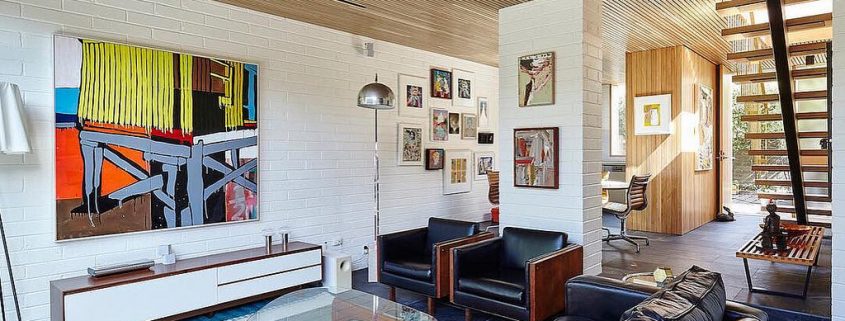Living In Australia
Traditions & Culture: Australian culture is as broad and varied as the country’s landscape. Australia is multicultural and multiracial and this is reflected in the country’s food, lifestyle and cultural practices and experience. Australia has an important heritage from its indigenous people, which plays a defining role in the cultural landscape. This diversity of influences creates a cultural environment in Australia that is lively, energized, innovative and outward looking.
Food: The meat pies and pasties had their connection to what was considered the staple foods of the 1800s:
- beef, pork or mutton (the meat of adult sheep)
- flour, usually made into bread or damper, a dense, thick bread
- tea, considered a necessity, even when other items were scarce.
Safety: While Australia is generally a safe place to live and study, it is still important that you take precautions to reduce the chance of an incident occurring. The 2011 OECD Better Life Index rated Australia 9.3 out of 10 for safety, one of the highest ratings awarded to any country. Following your common sense and best practices will ensure you remain safe and healthy, whether you are handling emergencies, personal and home safety, or natural elements such as sun, water, and fire.
Welfare: Universities provide free and confidential support and assistance to help students develop practical skills to better manage time, money and personal issues. Officials’ help students develop strategies to concentrate on studies and get the most out of university life.
Health: Healthcare in Australia has been steadily improving over the last ten years. Visitors in Australia under a student visa are required to take out Overseas Student Health Cover (OSHC) during their stay.
Transport: The transport options available in Australia include buses, trains, trams and ferries. Your access to these transport services will vary depending on where you live. You will also be able to access private and public car services from taxis to hired limousines, available to take you from door to door. If you hold a current drivers licence in your home country, you might be able to drive in Australia without sitting for any further driving tests. But remember that many state and territory governments require you to get an Australian drivers licence if you are there for more than three months.
Minimum cost of living
The Department of Home Affairs has financial requirements you must meet in order to receive a student visa for Australia. From 1st February 2018 the 12 month living cost is:
- You – $20,290
- Partner or spouse – $7,100
- Child – $3,040
All costs are per year in Australian dollars.
Disclaimer : The given document is provided for general information purposes only. The minimum cost of living may change frequently.



Leave a Reply
Want to join the discussion?Feel free to contribute!